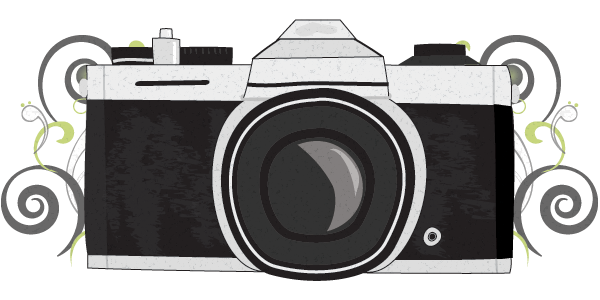In an attempt to answer the age old question ‘What is Networked Culture?’ I decided to start with the most basic foundation – the dictionary definition.
As boring as it may seem, this definition provided me with some fuel to explore the topic further. Networked Culture can be explained largely as different mediums in which we use to communicate, not just on a local scale – but on a global one. While social networking sites and mobile phones are the most obvious forms of accessible communication, we often over look music as a heavily used form of media that creates networked culture.
Music is not bound by language barriers. While it is acknowledged that the words being shared in a song are not always understood inter-culturally, many people can still share the experience the song provides. A good example of this would be the infamous Gangnam Style. Youtube and K-pop sensation, Psy, went viral in July of 2012, with the video reaching over a billion views recently. People from all over the world shared in the experience without even understanding the meaning of the lyrics.
Similarly, sharing information about celebrities in the music industry has also seemingly become a big cash cow. Although we struggle to acknowledge him as a serious artist, Justin Bieber is a huge figure-head in the music industry today. While many debates have been sparked regarding his questionable tattoos and sexuality, his actions rarely go unnoticed by the media. With celebrity gossip filling more and more of the time slots on news stations, once again we discover a networked phenomenon. Justin Bieber has become a household name. Weither it’s because you love him or hate him, many at least know of his existence. Think about the many different forms in which we hear news of Bieber. Social media, newspapers, magazines, television. The digital age has now become something that allows us to communicate information all around the world. (even if it is about Justin Bieber!) I think I said Justin Bieber too much in that paragraph. Justin Bieber.
Interesting aspects of networked culture are behaviour and interactions through environment. Let’s think of this in relation to music. Networking is often a reference to shared experiences with others. A good example of a physical shared experience with music are concerts and gigs. We share the same taste in music with thousands of strangers, and when a favorite band is playing it brings us together to share the experience in one place. It would be fair to say that a common interest such as attending a festival to see certain bands encourages people to start conversations they wouldn’t usually have in a different environment. BAM. That’s the effect on behaviour in this case. Music unites people. Isn’t that essentially what Networked Culture is? Bringing people together? Sharing information? Sharing stories? Sharing experiences? ….and that my friends, is networked culture.
I feel it’s time to celebrate the completion of this essay with a shot of tequila and re-runs of Sex and the City.
Thank you and goodnight.
P.s Wordle Confession: The biggest words were Justin and Beiber. I deleted them.

Shoulder ride At St. Kilda Festival earlier this year. Music is a shared expience and while we often think of it in a digital sense, It can also be personified into an environment.

Of Monsters and Men gig in Melbourne. This is an example of how music unites people. Standing shoulder to shoulder with sweaty strangers in order to hear amazing music.


Pingback: Content Creator/Audience Dynamic in Networked Culture. | ssSE!!LDli&*%lj